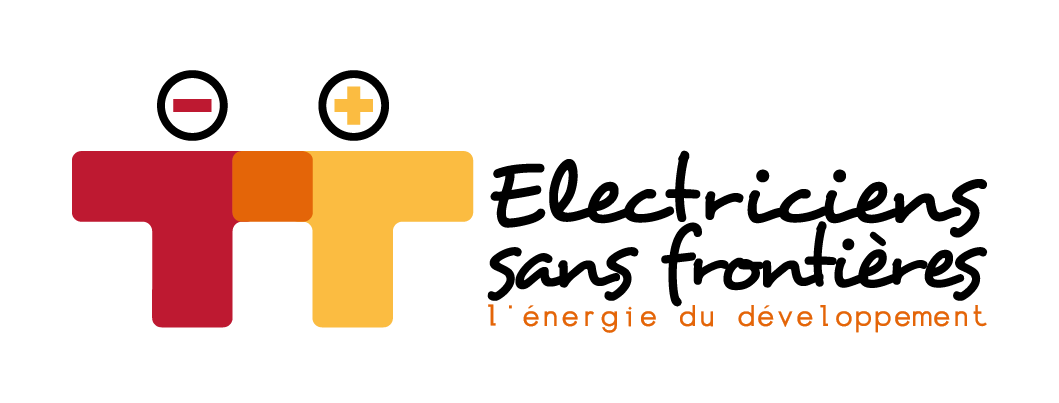Skills transfer is essential to the emergence of local operators and ensures the sustainability of the installations. Training is one of the keys to a project’s sustainability. Without skills transfer, the upkeep and maintenance of electricity and water production facilities cannot be guaranteed.
The challenges
Practical work is essential in any training.. In the absence of electricity, many training centres cannot provide practical work. Electricity enables students to acquire practical knowledge to prepare them for their future jobs (dressmaking, electrical work, etc.).
The solutions
Before the project starts, the project team in charge identifies, with the help of the community, who will be trained in caring for and maintaining the installations. They are often technicians who already have some basic knowledge of electricity.
Wherever possible, we carry out the work with local electricians. We train them in photovoltaic energy, which allows them to diversify into other activities.
The implementation of access to electricity or water facilities can also take place as on the job training. We then supervise a team of young apprentice electricians and carry out the work together with them. At the end, the students receive an Electriciens sans frontières certificate which is evidence of their participation in the vocational training centre.
As in our development projects, we take time in emergencies to train our local partners in the use and maintenance of the equipment at their disposal. Together with the villagers, we identify the points to be supplied with electricity by us. A team of volunteers takes part in the work and people are identified to be trained in the management and maintenance of the equipment.
The implementation of an electrical installation in a village is accompanied by an information meeting with the inhabitants in order to ensure their safety and to guarantee that the installations are used efficiently and economically.
Projet
Light for Rohingyas in cox’s bazar refugee camp
Electriciens sans frontières was contacted to set up a training program in the Cox's Bazar camp where many Rohingya have taken refuge.
Voir le projet